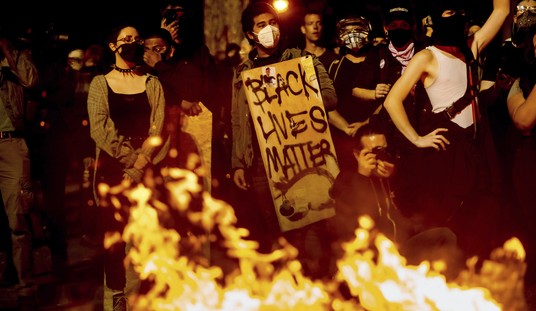Colorado authorities have suspended several police officers for sharing immigration status information with ICE. This politically driven decision undermines the ability of local cops to work with federal agencies to enforce immigration laws, putting communities at greater risk and sending a troubling message that breaking the law may be tolerated if politically convenient.
Three Mesa County Sheriff’s Department personnel—a pair of deputies and a sergeant—were suspended without pay for breaching Colorado’s sanctuary state law, which bans sharing information with federal immigration authorities. Sheriff Todd Rowell took this disciplinary action after conducting an internal investigation into the circumstances that led to the recent ICE arrest of 19-year-old Utah nursing student Caroline Dias-Goncalves.
Dias-Goncalves, originally from Brazil, was stopped by Deputy Alexander Zwinck on June 5 for allegedly tailgating a semi-truck. After issuing a warning, Zwinck let her go. However, within 20 minutes, ICE agents apprehended her over an expired visa.
It was later revealed that Deputy Zwinck shared details about Dias-Goncalves’ whereabouts and vehicle in a group chat that included ICE officials. Zwinck was assigned to a multi-agency drug task force involving local, state, and federal law enforcement. Following her arrest, Dias-Goncalves was detained by immigration authorities for 15 days before being granted bond.
Sheriff Rowell publicly expressed regret over the department’s role and confirmed that the employees involved had violated agency policies. The investigation was prompted after Colorado Attorney General Phil Weiser filed a lawsuit against Zwinck last week. Task force member Erik Olson also shared immigration information with federal agents.
Recommended
Zwinck received a three-week unpaid suspension and was reassigned from the task force to regular patrol duties. Deputy Olson faced a two-week unpaid suspension and was also removed from the task force. Sgt. Joe LeMoine was disciplined with a two-day suspension.
Just two weeks before Dias-Goncalves was taken into custody, Colorado Gov. Jared Polis (D) had signed a new law prohibiting law enforcement from disclosing individuals’ identifying information to federal immigration authorities.
Editor's Note: Colorado is punishing law enforcement for cooperating with ICE—and it's putting politics before public safety.
Help us keep exposing these dangerous policies. Join Townhall VIP and use promo code FIGHT to get 60% off your membership!
























Join the conversation as a VIP Member